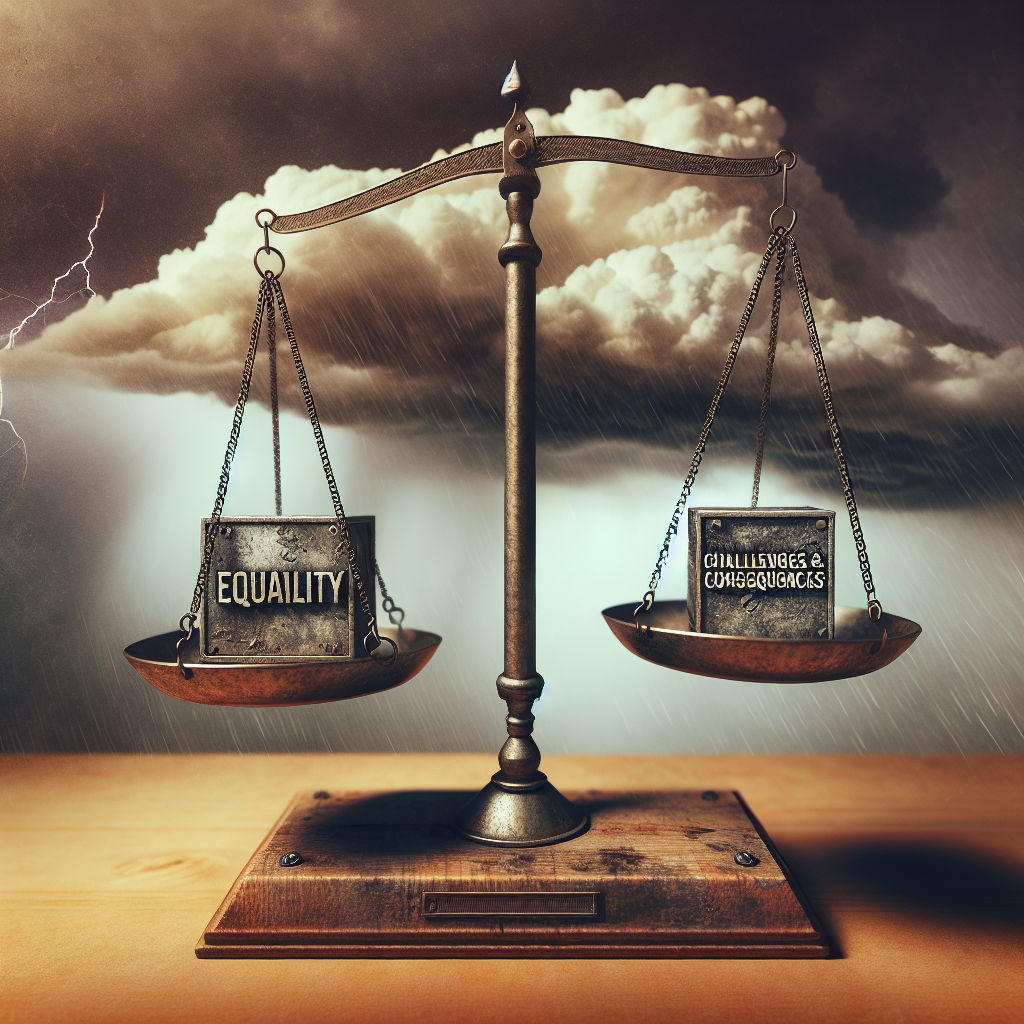The debate surrounding the free market often centers on the issue of wealth inequality. Critics argue that the free market exacerbates disparities in wealth and income, leading to unfair situations where some individuals hold significantly more resources than others. In response, some proponents of the free market accept the existence of inequality as an unfortunate but necessary byproduct, claiming that such inequalities ultimately improve the overall condition of the poor. Moreover, they argue that imposing restrictions on inequality could impinge on individual liberty. However, these defenses rest on the flawed premise that inequality is inherently negative. A more robust defense does not require the acceptance of inequality as a problem; rather, inequality can be viewed as an inevitable aspect of human existence.
Human beings inherently vary in numerous dimensions, including physical attributes, intelligence levels, and skills. This natural diversity is a reflection of reality and an immutable part of the world. Attempting to impose equality can be seen as a denial of the fundamental nature of humanity and an expression of dissatisfaction with the way things are. The philosopher and economist Murray Rothbard highlights the impossibility of achieving absolute equality, noting that even the simplest comparisons—like the views from different geographical locations—reveal that no two situations can ever be wholly equivalent. Advocating for the free market should not hinge on arguments that point out its tendency to reduce inequality; instead, defenders should embrace more compelling and logically congruent arguments that elucidate the advantages of freedom in economic contexts.
One of the most powerful arguments in favor of the free market is that it enables mutually beneficial exchanges. Individuals engage in trade because they each possess something that the other values, leading to overall improvements in their well-being. While concerns about “externalities” suggest that trade may have negative effects on third parties, these issues can often be resolved through better-defined property rights, as articulated by Rothbard and extended by Hans-Hermann Hoppe. This points towards a foundational principle of the free market: everyone owns themselves and can claim ownership of resources through their efforts, a process that fosters a more prosperous society.
While calls for government intervention often emerge in response to perceived market failures, historical evidence suggests that such interventions typically exacerbate existing problems rather than rectify them. Governments lack the necessary insights and mechanisms to ensure proper resource allocation, often resulting in unintended consequences like unemployment from minimum wage laws or shortages due to price controls. The ongoing failure of these interventions may push societies towards a gradual but certain decline into socialism, a system that Mises demonstrated as ultimately unviable for rational economic organization due to its incapacity to calculate efficiently in the absence of market-based pricing.
Critics of free market principles, particularly from a socialist and interventionist perspective, often deny the existence of economic laws that guide human action and decision-making within markets. Mises argues that this misconception represents a fundamental misunderstanding of the discipline’s epistemological foundations. The interplay between economics and philosophy is not merely academic; it has practical ramifications that affect how we understand human interactions within an economic framework. The critiques of socialist models fail to acknowledge the empirical successes of free-market economics, which allows for the optimization of resource use and supports the potential for collective prosperity.
The free market inherently fosters mutual interdependence, which, when correctly understood, cultivates positive relationships among individuals and nations. If one’s primary objective is to improve societal welfare, it stands to reason that encouraging the success of others economically benefits oneself through increased availability of goods and services. Such a system can mitigate conflicts and promote peaceful coexistence, as the incentives align towards cooperation rather than confrontation. Given the abundance of robust arguments supporting free market principles, it becomes clear that there is no need to concede to the premise that promotes equality as a core value. Rather, a principled defense, grounded in the insights of economic thinkers like Rothbard and Mises, can effectively advocate for the advantages of a truly free market.

